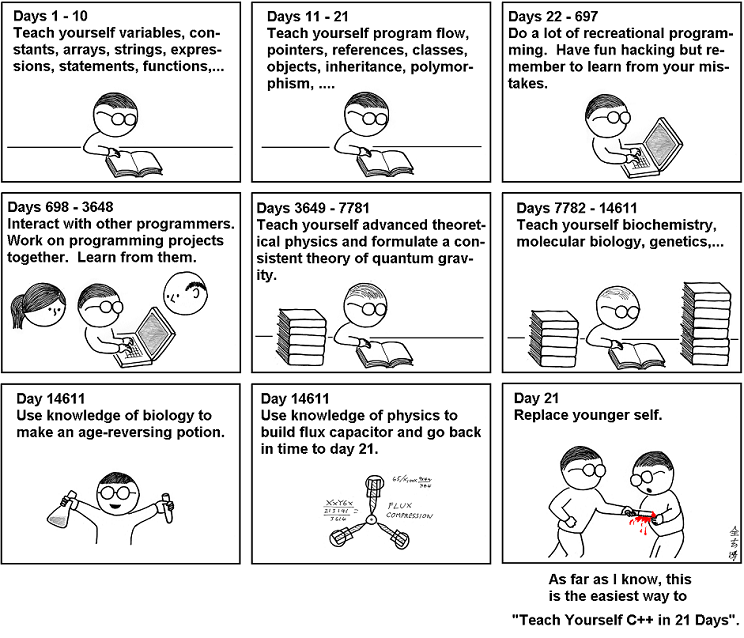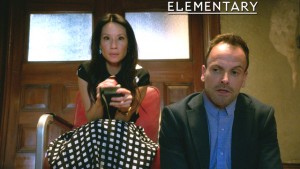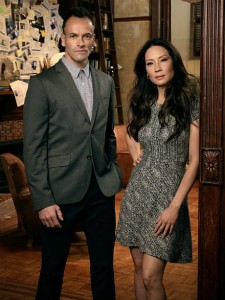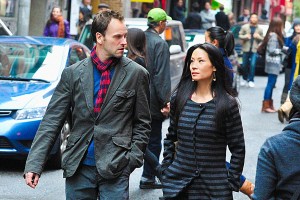I have never had the privilege of attending WWDC. Most years (including this one) I never bothered to apply to the lottery because I couldn’t afford to go. The one year I could afford to go, I didn’t win a ticket and I decided I would rather have the money as a buffer than go out to WWDC. This was the correct decision.
I attend a lot of conferences. I speak at a lot of conferences. Unfortunately, I have had some difficulty actually attending sessions at conferences. I have panic attacks when I am trapped in a room full of people and I can’t get up and walk around. This was one reason I was never super disappointed about going to WWDC the last few years. The idea of being stuck in a room for a whole week makes me feel like curling in a ball and crying. I go to conferences to network and drink with my friends. Now I am at the point where it’s just networking since I gave up drinking.
One thing I had forgotten about was discovering new things by attending sessions I hadn’t thought to go to. When I went to my first CocoaConf, I encountered a lot of interesting things because I wanted to watch Jonathan Penn and Josh Smith present.
When Swift was introduced two years ago, most of the conference sessions revolved around talking about Swift. I like Swift, it’s a neat language, but I am sick of talking about it. I am tired of hearing people talk about side effects and protocols and immutable state. I miss the first few years I was an iOS developer when people talked about frameworks and weird little nooks and crannies of the Cocoa architecture.
Taken together, this has created something of a perfect storm where I got burned out on iOS development. I got sick of talking to people about it because it always boiled down to Swift and arguing about code purity and a bunch of other bullshit.
I saw the Keynote this year and I had absolutely no enthusiasm for anything this year. I was irritated and cranky and didn’t want to deal with anything. But I noticed that this year Apple decided to stream most of the sessions live. The sessions were always available online later and last year they started showing select sessions. I watched the Swift ones because it was for my job and was still new and exciting. But I rarely watch the sessions afterward because when I watch the sessions, I sit there and pause every few minutes to try and process the vast amount of information that is being presented. There is a massive backlog of lots of sessions I think would be nice to watch but I never get around to watching. I did not think I would do anything this year.
I was wrong.
Streaming the sessions live has completely changed my life this week.
I work from home and so I just kind of threw the live stream on while I worked on stuff. I have it on in the background. I can’t pause the live stream, so I am not poring over every second of each video minutely. I am getting an overview of what they are talking about so I can go and research things later. I also have a team of people on various Slack channels who are watching it with me that I can chat with about the things we find new and exciting.
There were five whole sessions on Metal this year. The last two years I only got through the first Metal video because I felt like I didn’t understand it well enough to move on to the next video. This year, since they were just on, I could passively leave it on and get through all the videos. If this was a normal year, I would not have encountered the thing that has excited me the most this year, which is doing neural networks in Metal. That was introduced in “What’s New in Metal Part 2,” which was the fourth Metal video streamed. I did not need all the context from the first three videos to get excited about the new stuff in Metal.
I got to watch all the videos about GameplayKit, Photos, SpriteKit, etc… All of these technologies that I have been interested in but in a passive way were all just there for me to listen in on. I got introduced to so many things I didn’t know about in obscure frameworks that don’t get a lot of love because most people need to pay the bills and so they don’t do sessions on SceneKit.
This is what it was like at the beginning when I started going to conferences. I would discover so many new things that I would go home excited to get working on something. I haven’t felt this way for the last two years.
I worked for Brad Larson for a year. He told me that the reason he got into making Molecules and got into OpenGL and doing GPUImage was because he had a free period at WWDC and just decided, on a whim, to watch a session on OpenGL. It’s crazy to me about how things you do on a whim or by chance can completely change your life. By not being exposed to these sessions over the last few years, I have been cutting myself off from these chance encounters to find something truly special that I can learn and make my own.
It has been a great gift to get to participate with WWDC from home. Being able to get up and walk around during a session and cuddle with Delia while listening to people give their talks has helped me tremendously. I can talk to people on Slack from all over the world about the sessions as they happen so we can all be excited together. I know that people get something out of being there and getting to talk to the engineers, but for someone with mental health issues that prevent them from being able to be comfortable with massively large amounts of people, this has been a godsend.
I am planning in the future to go back and watch all the videos from previous years that I never watched because they took too long. I can have them on in the background while I work on other things. I can pick out the parts that interest me and look into them further.
For the first time in a really long time, I am excited about iOS development. Thank you Apple for giving that back to me.





